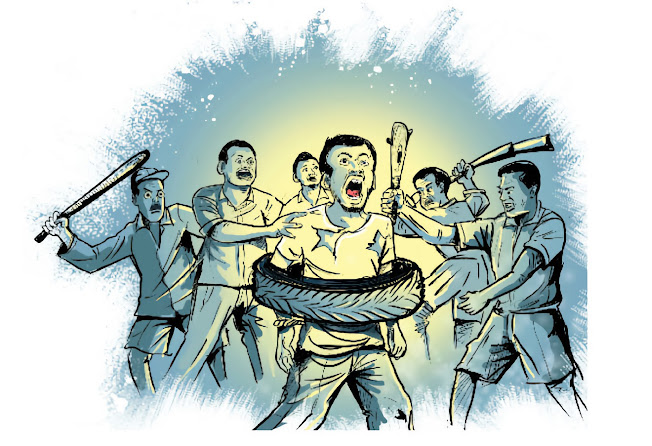Advocacy Based on Human Rights Treaties and Standards

Like other human rights organizations, Global Dignity Forum’s human rights advocacy is based on national constitutions, laws, and policies. As an organization that challenges injustice and the violation of human dignity and holds perpetrators to account, we believe that it is important for advocates to know and effectively use international human rights instruments. This is because, among other things, international instruments describe what the specific rights are and how States should realise them.
It is important to note that the State has an obligation to incorporate the rights in the treaties into its domestic or national law and its policies and programs. Most human rights treaties have set up monitoring bodies, called treaty bodies, to oversee the way States implement the treaties.
A State that ratifies or accedes to a treaty becomes a State Party to the treaty. A State Party commits itself to realise the rights and freedoms contained in the treaties. This is often expressed by the term “obligations”. The State’s obligations are set out by the articles or separate paragraphs of the treaties.
As has been stated in various human rights education publications by Global Dignity Forum, Human Standards like the Universal Declaration of Human Rights, other United Nations declarations and resolutions and those of the African Union and African Commission on Human and Peoples’ Rights are not legally binding. They are sometimes called “soft laws”. However, they do have strong moral force because they have been adopted by intergovernmental bodies such as the United Nations.
Treaties like the International Covenant on Civil and Political Rights, the International Covenant on Economic, Social and Cultural Rights and the African Charter on Human and Peoples’ Rights expand on the rights in the Universal Declaration of Human Rights. Some people have considered Economic, Social and Cultural Rights to be hopes or aspirations instead of rights. However, these considerations are changing.
In December 2008, the United Nations General Assembly adopted by consensus the Optional Protocol to the International Covenant on Economic, Social and Cultural Rights. This Optional Protocol is similar to the first Optional Protocol to the International Covenant on Civil and Political Rights which allows people and States to bring complaints about violations of civil and political rights.
At Global Dignity Forum, we believe that, globally, our understanding of human rights continues to evolve but there are still hot debates on various issues or topics such as cultural rights. New international and regional human rights treaties and standards continue to be developed and courts are making judgements that provide new insights into the realization of these rights.
Join the Global Dignity Forum Team today to help promote human dignity and rights for effective nation-building and the achievement of the Sustainable Development Goals.
You can contact us via email at globaldignityforum@gmail.com.
...…………………………………………………………………………………………………………
Global Dignity Forum
P. O. Box KN 6307
Accra, Ghana
West Africa
Email: globaldignityforum@gmail.com
Twitter: Global_DignityF



Comments
Post a Comment